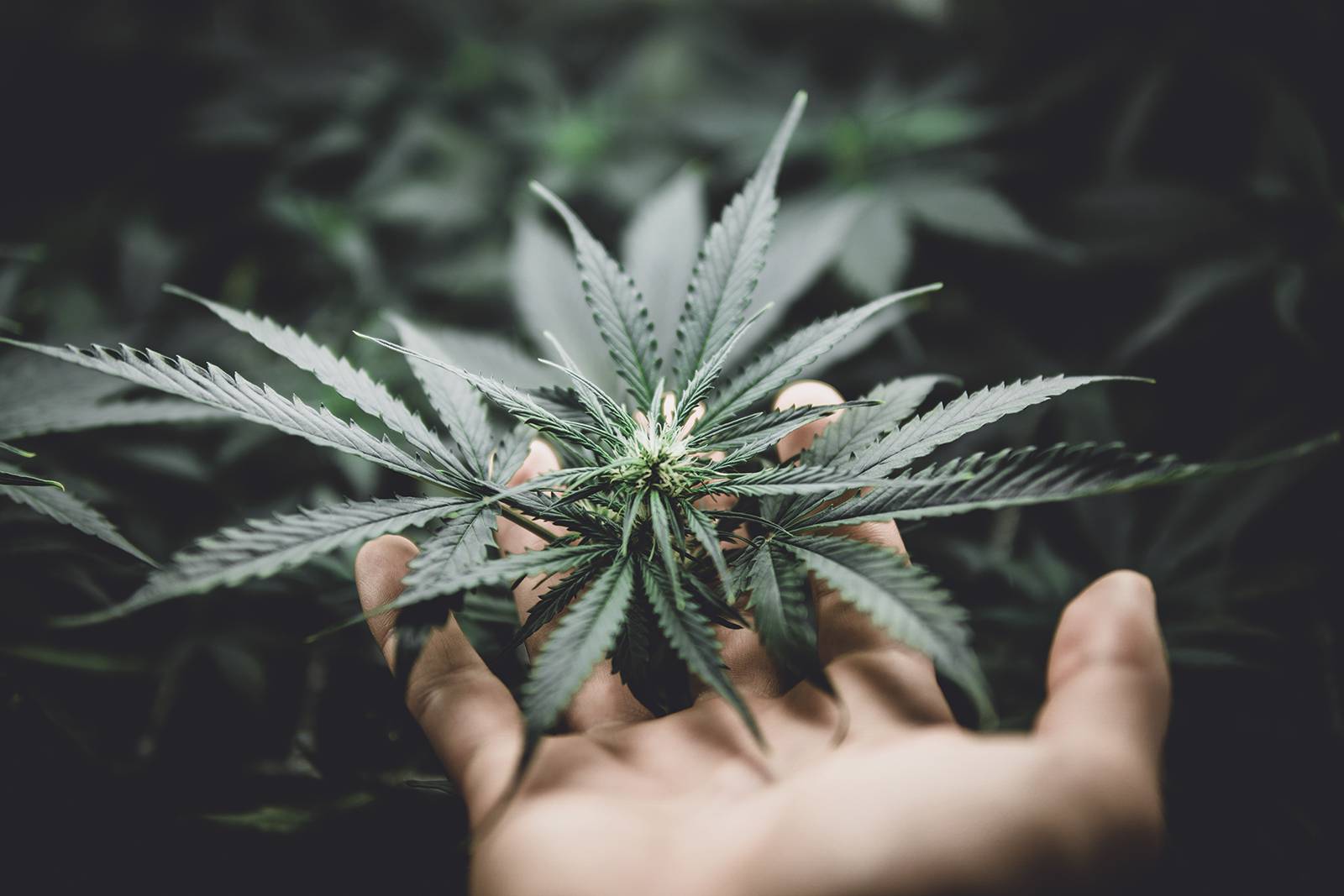
CBD (cannabidiol) and THC (tetrahydrocannabinol) are two well-known compounds found in the cannabis plant. While they come from the same plant family, they have distinct properties and effects. In this blog post, we will explore the differences between CBD and THC, their respective benefits, and how they interact with the body’s endocannabinoid system.
Composition and Psychoactivity:
CBD and THC differ in their chemical composition and psychoactive properties. THC is the psychoactive compound responsible for the “high” associated with cannabis use, while CBD is non-psychoactive and does not produce intoxicating effects. This makes CBD a favorable option for those seeking therapeutic benefits without the mind-altering effects of THC.
Legal Status:
The legal status of CBD and THC varies across different jurisdictions. CBD derived from hemp containing less than 0.3% THC is legal in many places, while THC is still considered illegal in numerous regions. It is important to understand the legal implications and regulations surrounding CBD and THC products in your area.
Therapeutic Benefits of CBD:
CBD has gained recognition for its potential therapeutic benefits. It has been studied for its anti-inflammatory, analgesic, anxiolytic, and neuroprotective properties. CBD may help with conditions such as chronic pain, anxiety, epilepsy, and even acne. Additionally, CBD has shown promise in supporting overall wellness and maintaining homeostasis within the body.
Psychoactive Effects of THC:
THC, being psychoactive, produces a range of effects on the mind and body. It can induce relaxation, euphoria, and an altered sense of perception. This makes THC desirable for recreational use but may not be suitable for everyone, especially those sensitive to its psychoactive effects or in need of clear-headedness.
Medicinal Benefits of THC:
THC has its own medicinal benefits, particularly in managing pain, nausea, and stimulating appetite. It is commonly used in certain medical treatments, such as in the case of cancer patients undergoing chemotherapy. However, its psychoactive properties and potential side effects need to be carefully considered and monitored.
Synergistic Effects:
CBD and THC can also work synergistically when taken together, with each compound enhancing the effects of the other. This is known as the “entourage effect.” Some individuals may prefer products containing both CBD and THC to leverage this interaction for specific therapeutic purposes.
Conclusion:
CBD and THC offer distinct benefits and effects, catering to different needs and preferences. CBD provides non-psychoactive therapeutic benefits, promoting overall well-being, while THC offers psychoactive effects and targeted relief for certain conditions. Understanding the differences between CBD and THC is crucial in selecting the right cannabis-based products for your individual needs and desired outcomes. It is always recommended to consult with a healthcare professional or expert in the field to make informed decisions about CBD and THC use.
Disclaimer: This blog post is for informational purposes only and should not be considered medical advice. The legal status and regulations regarding CBD and THC vary by jurisdiction. Always consult with a healthcare professional before starting any new treatment or supplement regimen.